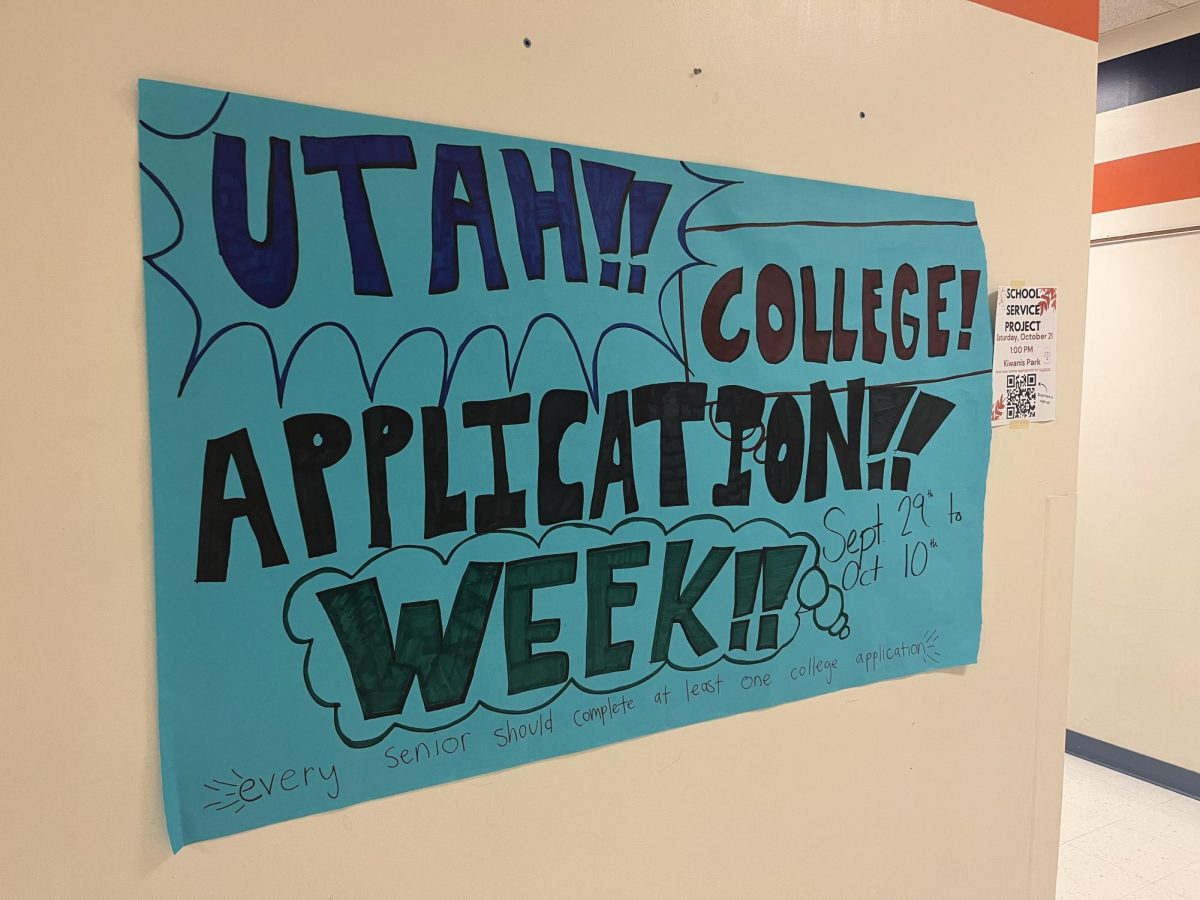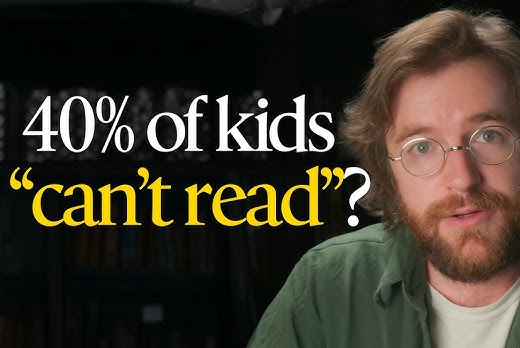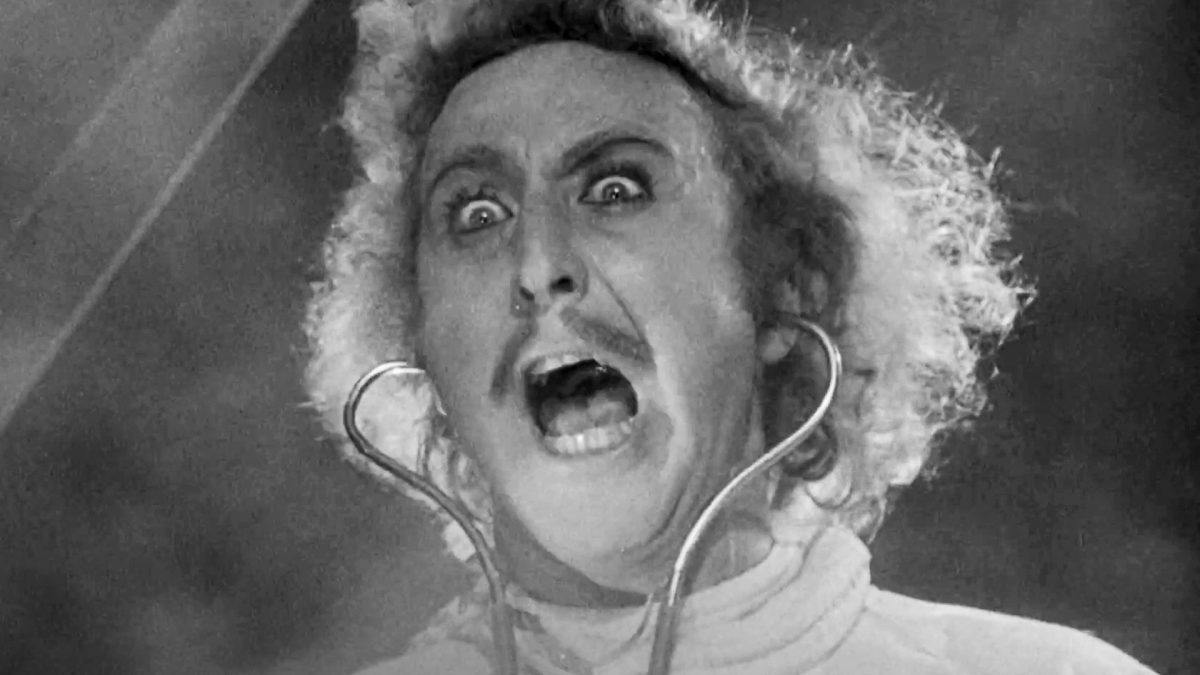With college application week held last week, I asked myself ‘Is college really worth it?’ and ‘Is it right for me?’ Each senior was required to complete at least one college application to a Utah college. I began to wonder if college was necessary for a person’s success and if traditional college is outdated and old-fashioned.
My mind immediately went to the price of a year at a university. The national average cost of a student in the United States is $36,436 per student per year. (educationdata.org) That’s including everything from tuition, books, living expenses, fees, etc.
A way many students pay for their education is through student loans. Roughly 43.6 million students have student loan debt and a national debt balance of over 1.645 trillion dollars. (educationdata.org) This debt accumulates for life and sets you back after you graduate from university.
You can find less expensive ways to attend college by attending in-state schools and applying for scholarships and grants. The 2023 national average tuition is $6,979 for in-state students and $12,905 for out-of-state students. (collegetuitioncompare.com) Consider these options if you are planning on attending a university.
My second thought was anything can be learned through books, podcasts, life experiences, and YouTube. There are careers that require a degree like a doctor, lawyer, engineer, or teacher. Unless you are interested in careers like that, you should consider alternatives to a traditional university. We live in an age with quick access to information. Use it to your advantage.
Alternatives to a traditional college include trade school, apprenticeships, community college, military service, entrepreneurship, etc. These alternatives can put you ahead with life experience as well as financially. You’re not set back by loan debt and receive an education quicker than at a traditional college.
I wanted to get some outside opinions and perspectives on the question and asked college graduates working at Timpview to find out if college is worth it. The questions I asked them are down below:
- What did you enjoy/not enjoy about college?
- How did you pay for your college education? Scholarships, grants, loans, parents, etc.
- Was college a determining factor in your current success? (Did you need to attend college to succeed or hold your current job?)
- Would you encourage high school students/your children to apply to a traditional college or find other alternatives?
- What advice would you give to high school students who are unsure about what they want to do with their life?
The first person I interviewed was Jeff Beveridge, a math teacher at Timpview High School. He enjoyed the social aspect of college and learned a lot more about math than he expected to. On the flip side, college also “took up a lot of time, took a lot of money, [and] there were a lot of classes that I don’t feel like I needed or that I feel like contributed to what I needed for my career.” Beveridge paid for his education by enrolling only as a part-time student and working part-time jobs. “Which is why it took me about 6 years to get my degree, but no debt”
There are certain jobs that require a college degree, and a teacher is one of them. Again, there are other alternatives to college “for a lot of students I think they can find alternatives…and there are obviously jobs that require a degree. Engineering, lawyer, doctor. So if that’s what you’re interested in, go ahead and get a degree.”
A piece of advice he gives to unsure seniors is to “get a job, and just see how that feels. I would even recommend waiting a semester or two to see if college is what you want…search for opportunities.”
Another one of my interviewees was Blake Garfield, a world geography teacher at Timpview. He loved college, especially the social part of it. He made a good group of friends, and they are still good friends. The university he went to had strict rules and that was his biggest complaint about his college experience.
His tuition was paid for by his parents, and he paid for everything else by working. He had a summer job every year and took out grants. Garfield studied the history of political science his first time in college. He “graduated, worked in a few different fields over the years then I went back to college to get my teaching certification.”
Even though Garfield loved college he said “for some students, a traditional college is where they should be but I think there are other kids that would find other things more beneficial for them.”
The best piece of advice he has to offer to students is to “keep your options open.” and “don’t stress about it.”
What I took away from these interviews is to get work experience, have a plan, and keep your options open. A traditional university may be the best option for you and your circumstances, and it may not. Just be aware that there are other options and college is not the only way to be successful. So, when applying for colleges ask yourself if it is right for you.












calix • Oct 26, 2023 at 2:54 PM
I agree with Jeff in the way that there are too many unnecessary classes when you’re taking college. A person should not need to take an English class for an engineering degree and someone in political history should not have to take a math class.
I like the trade school model because it’s more of specialized training for the job you want to get in the future, you won’t need to take another English class if you choose to go to a trade school after high school. colleges can take some advice from trade schools and improve their education system, it would both save the students and the professors time.